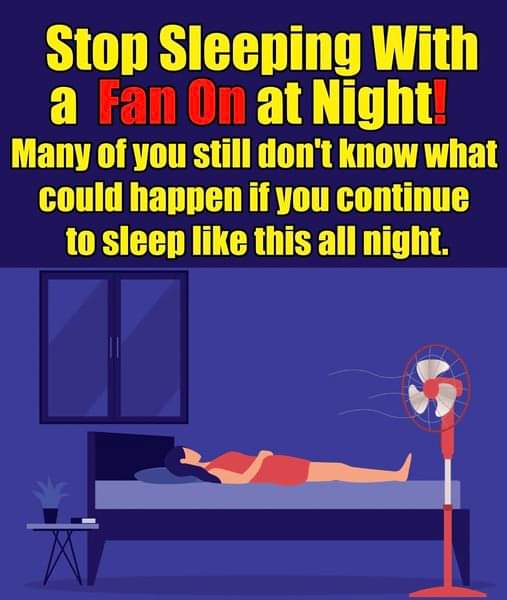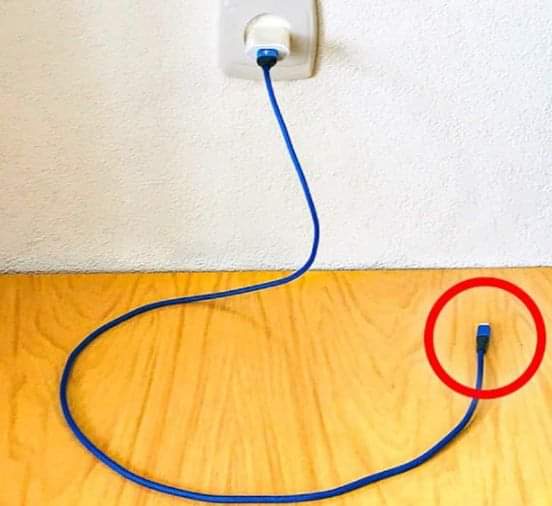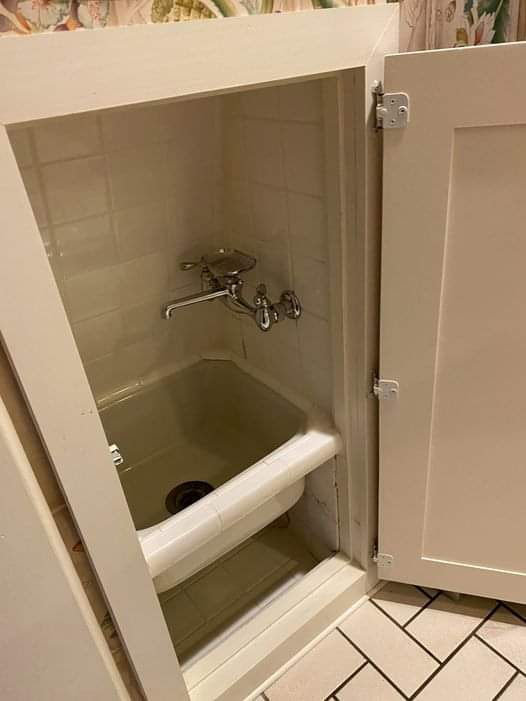Dr. Kelvas notes that when the room is too hot or cold, the body has difficulty regulating these hormones, which can lead to difficulty falling asleep or staying asleep.
The common recommendation for ambient room temperature is in the range of 60 °F (15.5 °C) to 68 °F (20 °C), according to the Sleep Foundation. It’s been found to aid the body’s thermoregulatory process to promote healthy sleep latency (the time it takes to fall asleep) and good quality sleep overall.
Temperature and the body
The human body has its thermoregulatory mechanism that allows us to maintain a healthy internal body temperature regardless of the ambient temperature of our environment. In addition, the body uses a complex interplay of physiological responses to regulate body temperature, including sweating, shivering, and changes in blood flow to the skin.
Sweating is one of the body’s primary mechanisms for cooling down. When the body’s internal temperature rises, sweat glands produce moisture that evaporates from the skin’s surface, releasing heat and hence cooling the body.
Conversely, shivering is the body’s mechanism for generating heat when the internal temperature drops. Shivering is a reflexive response that causes muscles to contract rapidly, generating heat to raise the body’s temperature.
Vasodilation, dilation, and constriction of blood vessels can also impact body temperature. For example, blood vessels near the skin’s surface dilate when the body needs to cool down, allowing more blood to flow through them. This increase in blood flow helps to release heat from the body. On the other hand, when the body needs to conserve heat, blood vessels near the skin’s surface constrict, reducing blood flow and conserving heat.
body mass index, and cognitive decline, emphasizing the importance of maintaining adequate sleep.”
What to do when there’s no thermostat
When you live in a home that doesn’t have heating and cooling, there are still a few tricks and habits you can incorporate into your evening routine to aid your body in dropping its internal temperature prior to sleep and keep you cool at night.
Take a warm bath or shower in the evening
While it might sound contradictory to sit in a warm bath or take a warm shower to cool down the body, it does have a premise. When researchers did a meta-analysis of 17 studies on how water-based passive body heating, shower or bath, would impact various sleep metrics, they found a positive correlation. The data they investigated included sleep onset latency, awakenings after sleep onset, total sleep time, sleep efficiency, slow-wave sleep, and subjective sleep quality.



